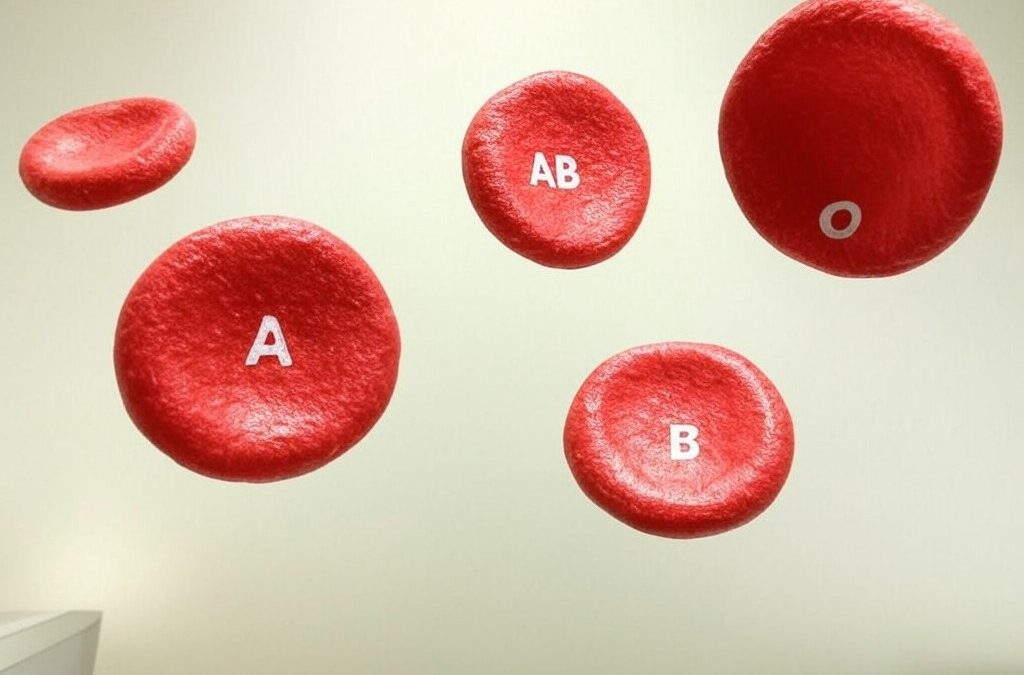
AB BLOOD TYPE INCREASES RISK FOR HEART DISEASE
People with blood types A, B, or AB have a greater risk for developing coronary heart disease and other chronic diseases

People with blood types A, B, or AB have a greater risk for developing coronary heart disease and other chronic diseases
You cannot drink grapefruit juice in the morning and take your medication later in the day. Seville oranges and tangelos can have the same effect.
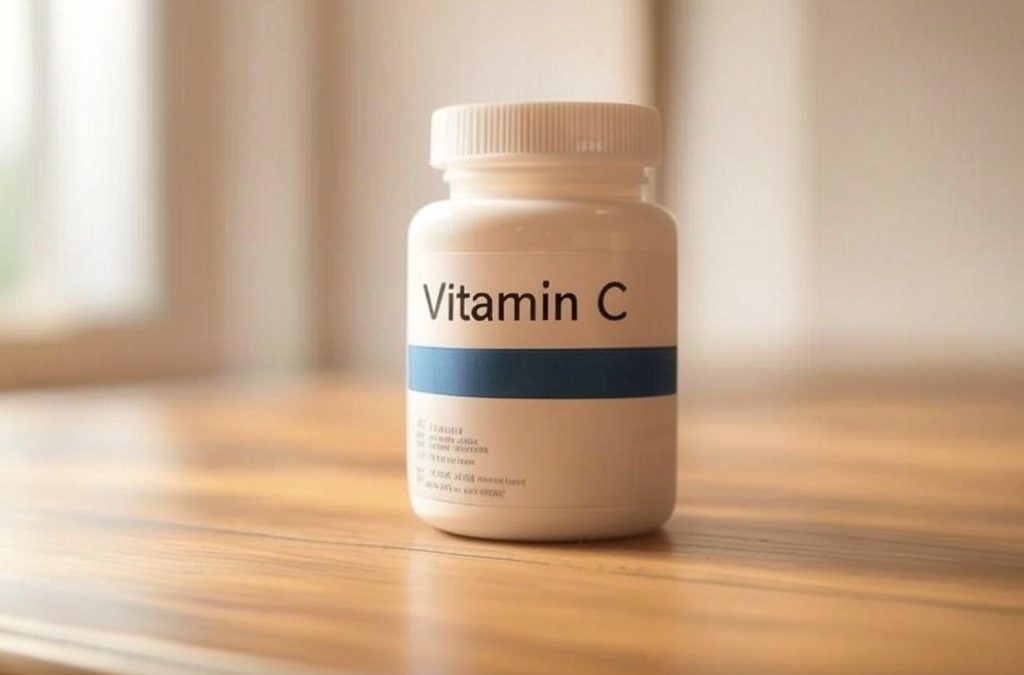
Vitamin C can lower both systolic and diastolic blood pressure
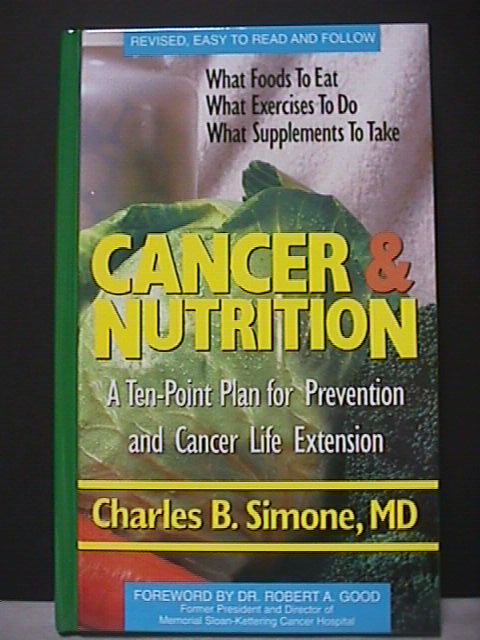
HUMAN STUDIES
Fifty human studies, involving 8,521 patients, 5,081 of whom were given food supplement nutrients, have consistently shown that non-prescription antioxidants and other nutrients: Do not interfere with cancer therapeutic modalities; Can enhance cancer therapy killing capabilities; Decrease cancer therapy side effects; Protect normal tissues from cancer therapy, and Prolong lifespan in 15 studies for 3,738 patients
Inflammation caused by certain foods, drink, lifestyle, or chronic illnesses can cause anemia. Intense exercise causes inflammation which in turn can cause anemia in athletes.

Snowstorms require road salt treatment that raises sodium levels in tap water. One of every ten people in the world die of high sodium intake over a lifetime.
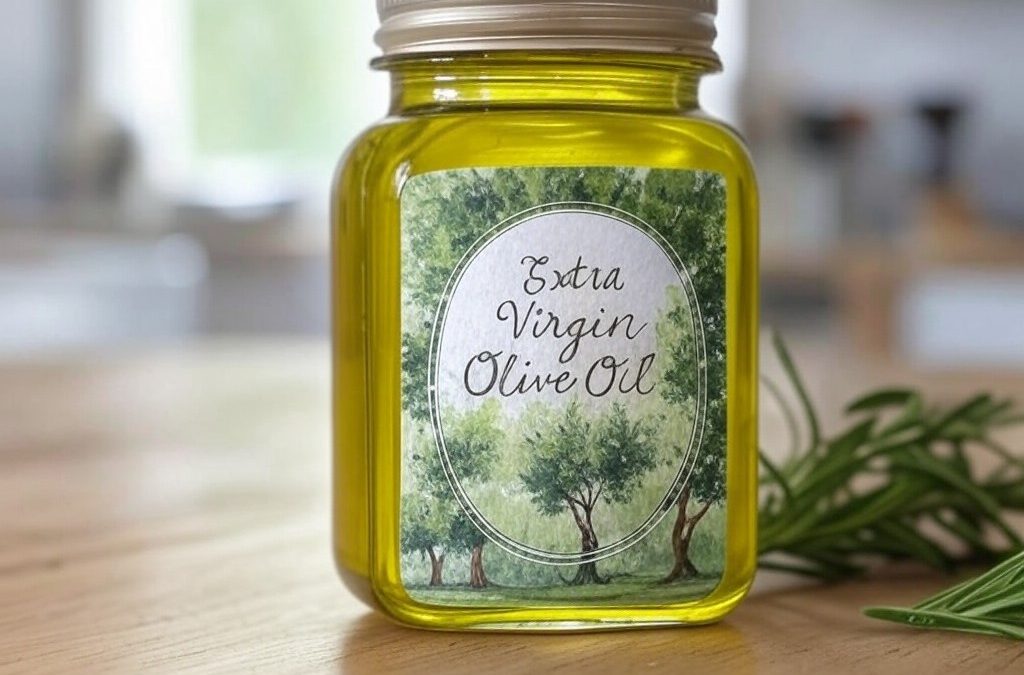
OLIVE OIL MAY PREVENT CANCER, CARDIOVASCULAR DISEASE AND ENHANCE ATHLETIC PERFORMANCE
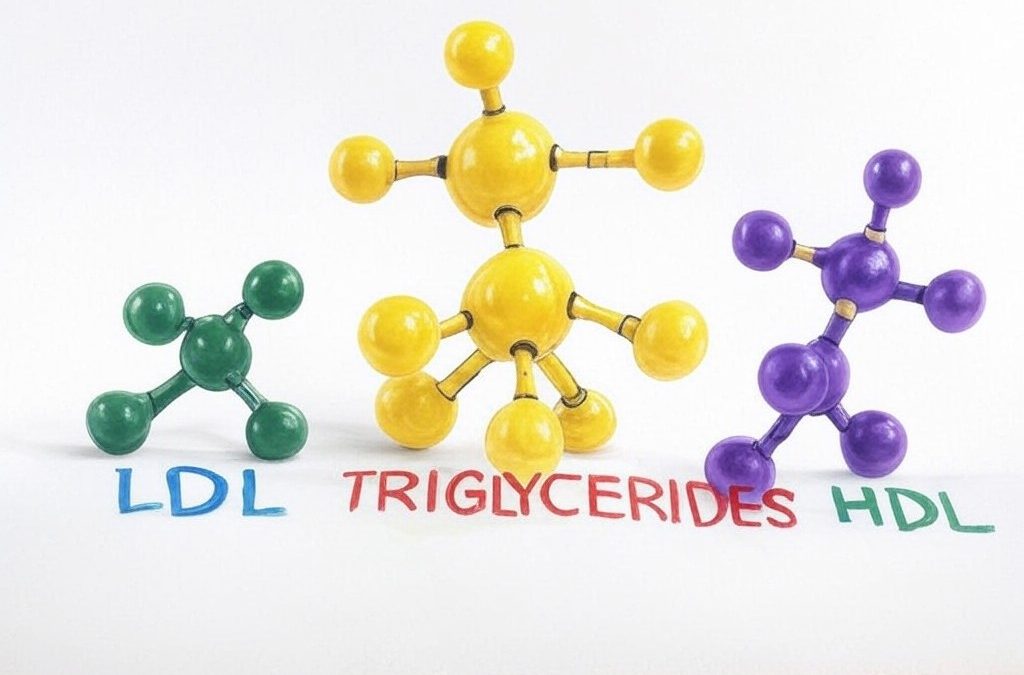
Foods that increase blood sugar will also increase small LDL particles within two hours. Small LDL particles are oxidized and are glycalated – form complexes with glucose that lead to inflammation and oxidation increasing the risk for cardiovascular disease, cancer, and other chronic illnesses.

Vitamin B3, also known as Niacin has three chemical forms. The Nicotinic Acid form of Niacin lowers cholesterol, lowers LDL, lowers triglycerides, lowers lipoprotein (a), and raises HDL.

INFLAMMATION AND OXIDATION DECREASE ATHLETIC PERFORMANCE AND INCREASE THE RISK FOR CANCER, CARDIOVASCULAR DISEASE, DIABETES, DEMENTIA, AND MANY OTHER CHRONIC DISEASES AS WELL AS SHORTENED LIFESPANS
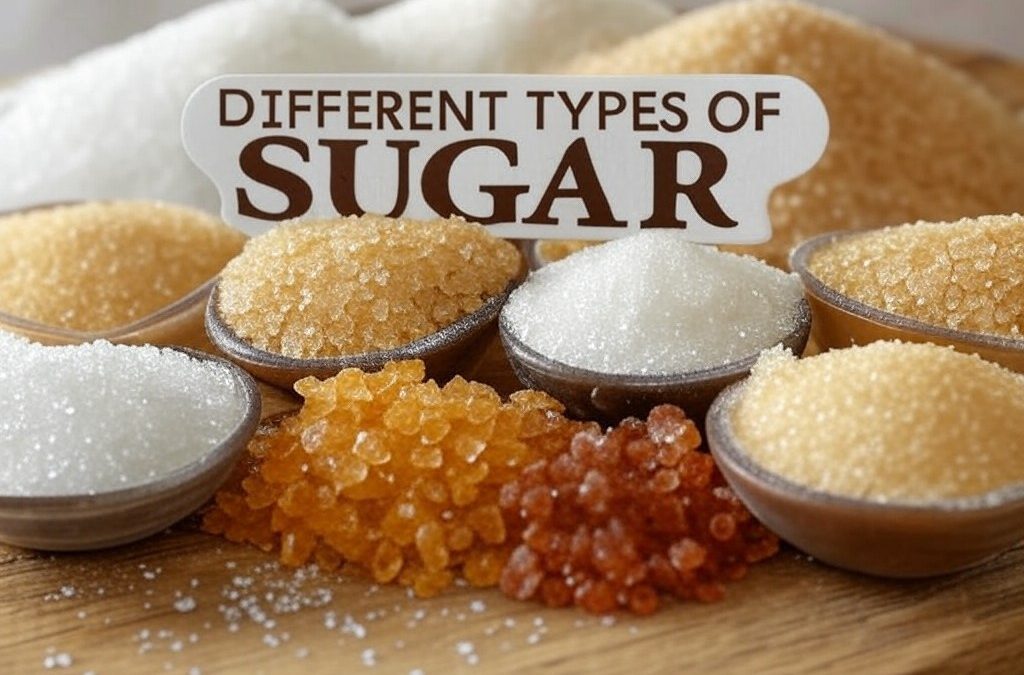
Are all sugars harmful? The answer is No. There are scores and scores of different types of sugars each having different properties, metabolic pathways, and functions. But some people in the media, some scientists, and the FDA for food labeling purposes lump them all together and use the word sugar inappropriately.